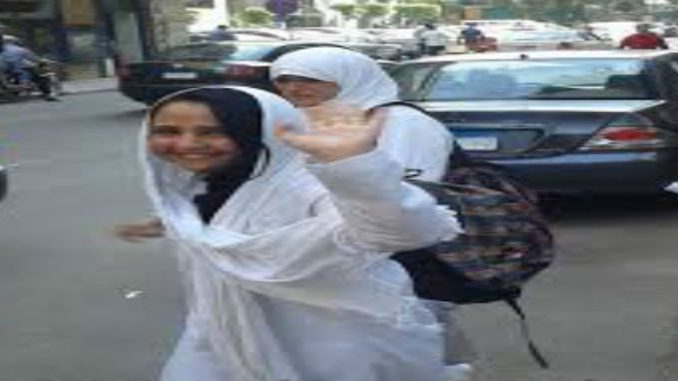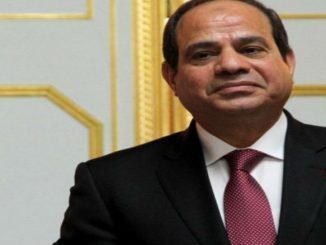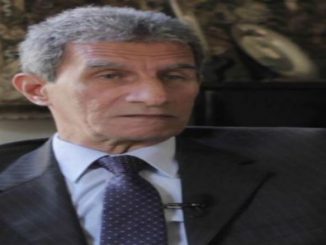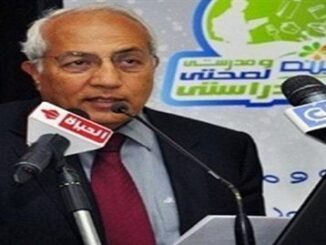
Two weeks after President Trump met Abdel Fattah al-Sisi in Washington, an Egyptian court acquitted a U.S. aid worker who spent almost three years in pretrial detention for her work with an organization helping street children.
In May 2014, the Egyptian police arrested Aya Hegazy, her husband and other six on charges of abusing children in her care and engaging in human trafficking, kidnapping, sexual exploitation and torture.
In fact, human rights groups said the charges were fabricated. Hegazy’s detention came as part of a wider crackdown that has grass rooted independent civil society in Egypt.
The Cairo Criminal Court dropped all charges against Hegazy and her co-defendants and ordered their release.
Hegazy, an Egyptian American, and her husband, Mohammed Hassanein, an Egyptian citizen, are co-founders of the Belady Foundation, which provided services for Cairo street children.
The Egyptian security forces raided the organization’s premises in May 2014, also detaining a cook, an artist who shared the premises and the children present at the time.
Later, a forensic report by the public prosecutor found no evidence that any of the foundation’s children had been sexually abused.
Democratic presidential nominee Hillary Clinton and several U.S. lawmakers had spoken out about the case.
According to the lawyers said that the state’s witnesses had offered contradictory and inadequate evidence against the defendants. “Even the child and his mother testified at court in defense of Aya and the others,”said Taher Abol Nasr, Hegazy’s attorney, referring to a child whom state prosecutors alleged the group had kidnapped.
Since al-Sisi,Egypt’s former defense minister, led a military coup against Egypt’s first democratically elected President Mohamed Morsi in 2013, the Egyptian authorities depict the crackdown as part of a war against extremists.
Moreover, the security forces repressed political opposition, lawyers, activists and journalists that human rights groups said the dragnet has extended to dissidents of all political persuasions.
Since late 2011, under the rule of the Supreme Council of the Armed Forces (SCAF), the nongovernmental organizations in Egypt have faced growing pressure when authorities raided 17 pro-democracy and rights groups, accusing them of joining an international conspiracy against the country.
During Sissi’s presidency, that pressure has dramatically increased in an unprecedented way, and representatives of many of the country’s leading human rights groups have been arrested, subjected to travel bans or had their assets frozen.
Joe Stork, deputy Middle East director at Human Rights Watch, said “Aya Hegazy, her husband, and their colleagues are finally free, but the system that subjected them to a travesty of justice for nearly three years remains unchanged.”
Two weeks ago, Abdel Fattah al-Sisi met with Trump in the first official visit by an Egyptian head of state to the White House since 2009.
The White House said, prior to al-Sisi’s visit, that it would no longer allow human rights issues to become a public point of conflict with Egypt, which was described by the New York Times as “another striking shift away from years of American foreign policy.”
In the same context, a White House statement praised al-Sisi for waging a vigorous war against terrorists and making efforts to strengthen Egypt’s economy, while making no mention of his crackdown on domestic opponents.
The Trump administration has proposed dramatic reduction to U.S. foreign aid, but the White House has said it expects that the $1.3 billion in U.S. military aid to Egypt will continue.
During their meeting at the Oval Office, Trump told al-Sisi,”You have a great friend and ally in the United States and in me.”



